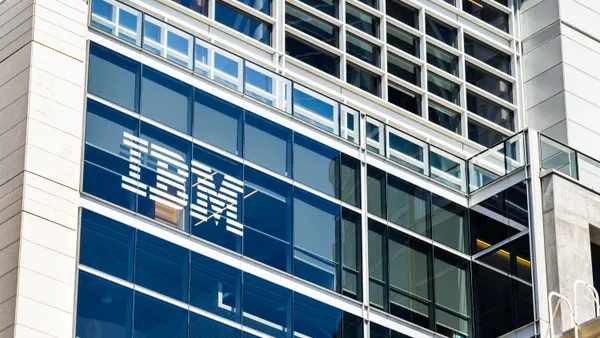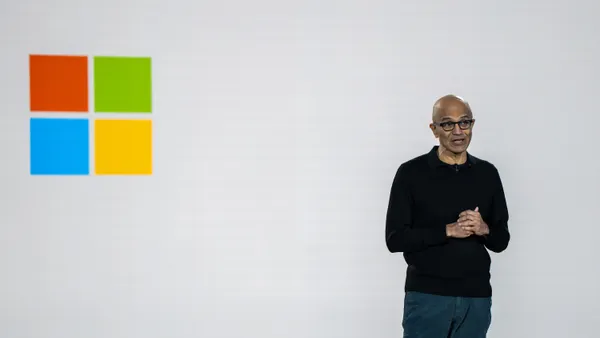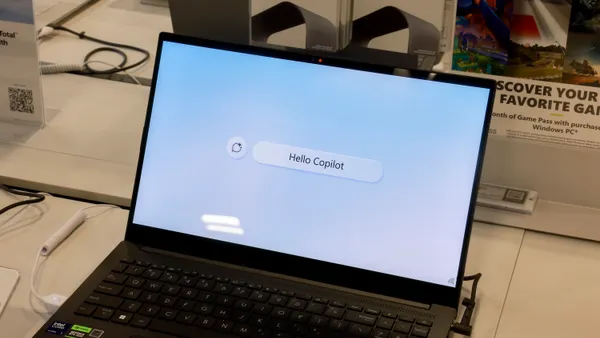Dive Brief:
- Employees are bracing for change as AI adds anxiety about job security and stability, according to a Gusto survey of 1,000 U.S. workers in June. The HR software company’s report was published earlier this month.
- AI is becoming more mainstream, emphasizing the need for related skills. More than one-third of employees consider the technology essential for daily tasks, and one-quarter of respondents have overstated or exaggerated their AI capabilities during the hiring process.
- Nearly half of workers are taking steps to secure their financial and professional futures, such as increasing savings and starting side gigs, the report found.
Dive Insight:
Technology upgrades and rollouts, particularly those that add automation functionality, can be worrisome to employees.
Around two-thirds of business leaders said AI has led to division between IT teams and other departments, as well as between executives and workers, according to a Writer report published in March. The friction stems from implementation and development approaches, such as creating applications in a silo and a lack of support during a roll out. Employees surveyed also admitted to trying to sabotage their company's AI strategy by pushing back, ditching training or refusing to use the tools.
AI adoption efforts are futile if companies can’t get employees on board. To help mitigate concerns, companies are working to boost trust and transparency.
Even with concerted efforts, however, apprehension is likely to remain. After all, technology-related factors were to blame for around 20,000 job cuts in the U.S. during the first half of the year, according to Challenger, Gray & Christmas. AI-driven job cuts are still likely underreported, the outplacement firm said.
The White House took aim at the potential for workforce challenges tied to the technology in its AI Action Plan released last week. Several measures recommend analysis of AI’s effects on the labor market and emphasize retraining, such as allowing states to use funds to proactively upskill workers at risk of displacement.
AI-driven pressure on job candidates and employees is also happening at a time when market turmoil has pushed companies into more cautious hiring positions.















